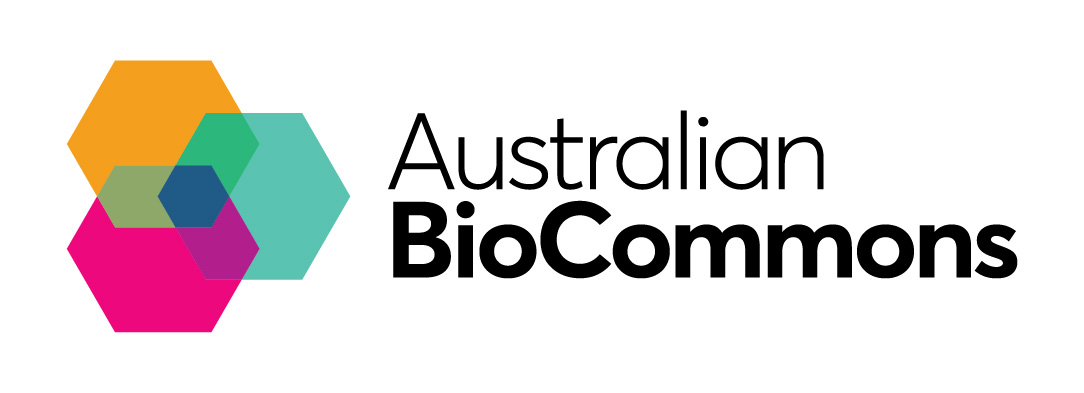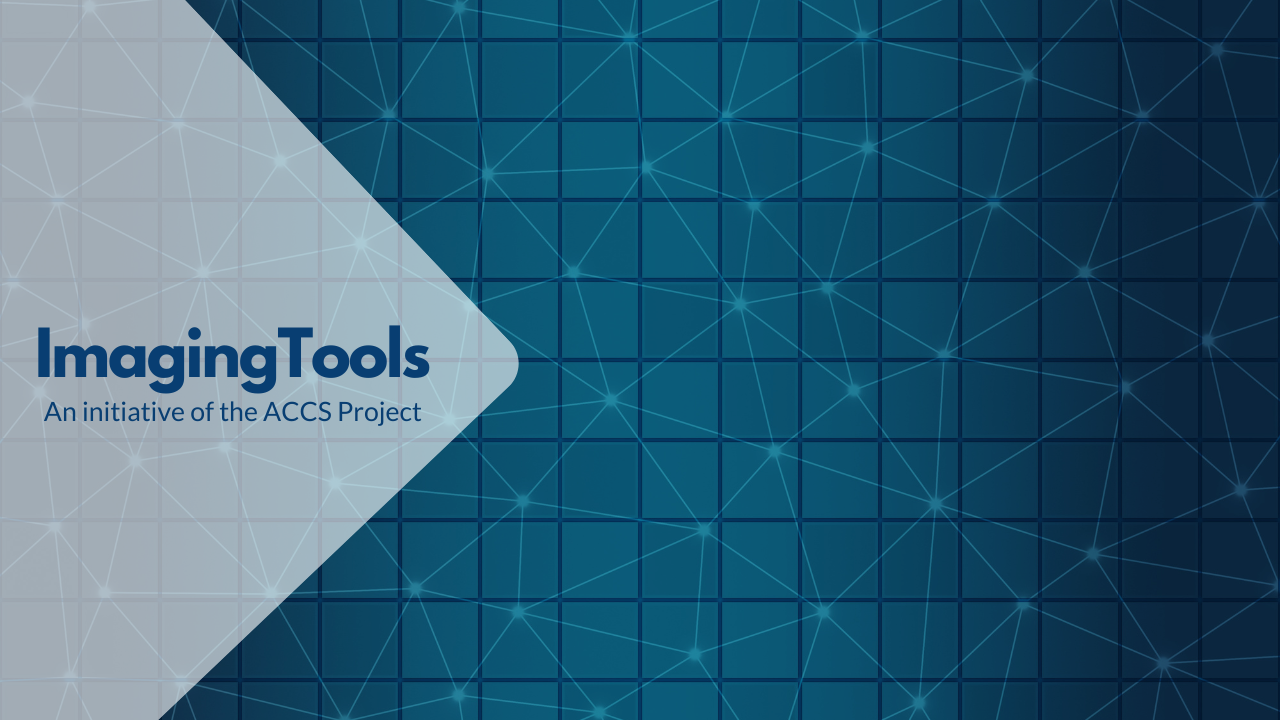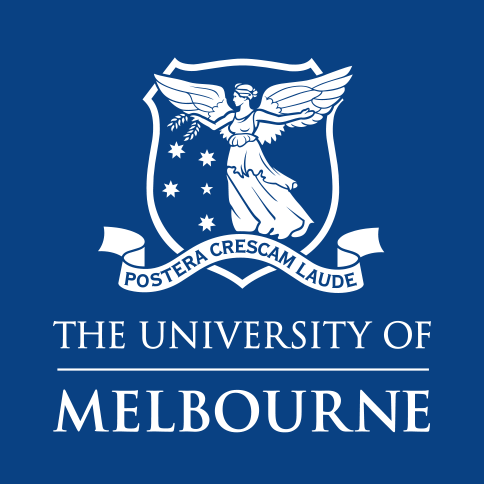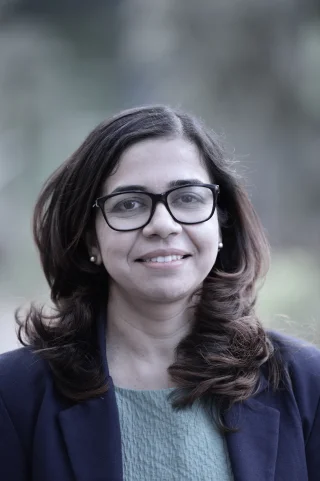Keywords: Bioinformatics or GPUs or health data or imaging or web publishing
-

Australian BioCommons
Australian BioCommons is a research infrastructure project building digital capability for life...
51 training material4 upcoming event (51 past event)Australian BioCommons https://www.biocommons.org.au/ https://dresa.org.au/content_providers/australian-biocommons Australian BioCommons is a research infrastructure project building digital capability for life science research in Australia. /system/content_providers/images/000/000/002/original/Australian-Biocommons-Logo-Horizontal-RGB.jpg?1690164326 -

Pawsey Supercomputing Research Centre
The Pawsey Supercomputing Research Centre is 1 of 2 Tier 1 supercomputing centres in...
7 training material0 upcoming event (33 past event)Pawsey Supercomputing Research Centre http://pawsey.org.au https://dresa.org.au/content_providers/pawsey-supercomputing-research-centre The Pawsey Supercomputing Research Centre is 1 of 2 Tier 1 supercomputing centres in Australia. Pawsey prides itself on incorporating a range of best practices, features and solutions. Key features of the Centre include: - A purpose-built supercomputing building of more than 1000 m2 at Technology Park in Kensington, Western Australia; complete with scalable cooling and electrical services, to accommodate for expanding supercomputing infrastructure within the facility - A unique groundwater cooling system for removing heat from the supercomputer and dissipating this heat via an aquifer, 140 metres below the Centre, with no loss of groundwater. A photovoltaic system which has been incorporated into the building’s shaded façade, plus an extensive PV array on the roof of the building - This installation generates 140 kW of electricity onsite, which acts to offset the electrical and CO2 footprint of the Supercomputing Centre - Automated ‘intelligence’ incorporated into the building, with real-time monitoring, to facilitate efficient operation and support fine tuning of operations to reduce overall power costs /system/content_providers/images/000/000/004/original/PAW_RGB_H.png?1633498197 -

The Australian Characterisation Commons at Scale (ACCS) Project
ImagingTools: helping researchers find and access digital characterisation resources, including...
0 upcoming event (15 past event)The Australian Characterisation Commons at Scale (ACCS) Project https://www.imagingtools.au https://dresa.org.au/content_providers/the-australian-characterisation-commons-at-scale-accs-project ImagingTools: helping researchers find and access digital characterisation resources, including online environments, computing facilities, data, training and events. /system/content_providers/images/000/000/016/original/Minimal_Modern_Elegant_Background_Technology_Youtube_Thumbnail_%285%29.png?1671146621 -

Heurist Network
### What is Heurist? Heurist is a comprehensive, flexible data management service built...
1 training material0 upcoming event (15 past event)Heurist Network https://heuristnetwork.org https://dresa.org.au/content_providers/heurist-network ### What is Heurist? Heurist is a comprehensive, flexible data management service built specifically for the Humanities, available both as a free service, or for download to a private server (open source). Its development has been driven and informed by dozens of Humanities research projects. Heurist is a human-centered interface to a MySQL (or other SQL server) database. It operates as a hybrid relational / graph database, hiding all the complexity of SQL, tables, relational joins, relational integrity etc. behind (fairly) simple choices. It’s available on a number of non-commercial web services (free to use) and on private web servers. You can also install it on your own server if you wish. ### What we offer We offer frequent training and collquia for our users, indeed for all Humanities researchers who use digital methods and require a database. Our users are a diverse community of researchers across Australasia, Europe, Asia, Africa and the Americas. We also offer one-on-one support and ad-hoc training for projects who use our technology, or individuals who need a hand gettings started with Humanities databasing. /system/content_providers/images/000/000/018/original/h6logo_intro.png?1653544233 -

Melbourne Bioinformatics
Melbourne Bioinformatics is hosted within the Faculty of Medicine, Dentistry & Health Sciences at...
0 upcoming event (9 past event)Melbourne Bioinformatics https://www.melbournebioinformatics.org.au/ https://dresa.org.au/content_providers/melbourne-bioinformatics Melbourne Bioinformatics is hosted within the Faculty of Medicine, Dentistry & Health Sciences at the University of Melbourne. Our services include development and delivery of training material, tool development, research and expert advice. /system/content_providers/images/000/000/020/original/PRIMARY_A_Vertical_Housed_RGB.png?1661319332 -

HeSANDA
HeSANDA is one of our strategic initiatives formed under our National Data Assets...
4 training materialHeSANDA https://ardc.edu.au/program/health-studies-australian-national-data-asset/ https://dresa.org.au/content_providers/hesanda HeSANDA is one of our strategic initiatives formed under our National Data Assets programs. HeSANDA stands for the Health Studies Australian National Data Asset and its high level goal is to partner with the health research community to build a national data asset from the outputs of health research studies The purpose of this data asset is to support data sharing and secondary use in order to increase the value and impact of health research and the investment into research projects, And ultimately to facilitate better health outcomes for the Australian population by facilitating new research and research translation. -
Sonika Tyagi Lab
Our expertise is in implementing Bioinformatics methods and machine learning models to solve...
0 upcoming event (2 past event)Sonika Tyagi Lab https://bioinformaticslab.erc.monash.edu/ https://dresa.org.au/content_providers/sonika-tyagi-lab Our expertise is in implementing Bioinformatics methods and machine learning models to solve biological research and clinical outcome questions. The two research focus areas for the group are: (1) Multimodal data integration for personalised medicine and (2) Integrative Genomics. /system/content_providers/images/000/000/027/original/DF0_7341.JPG?1693372847
